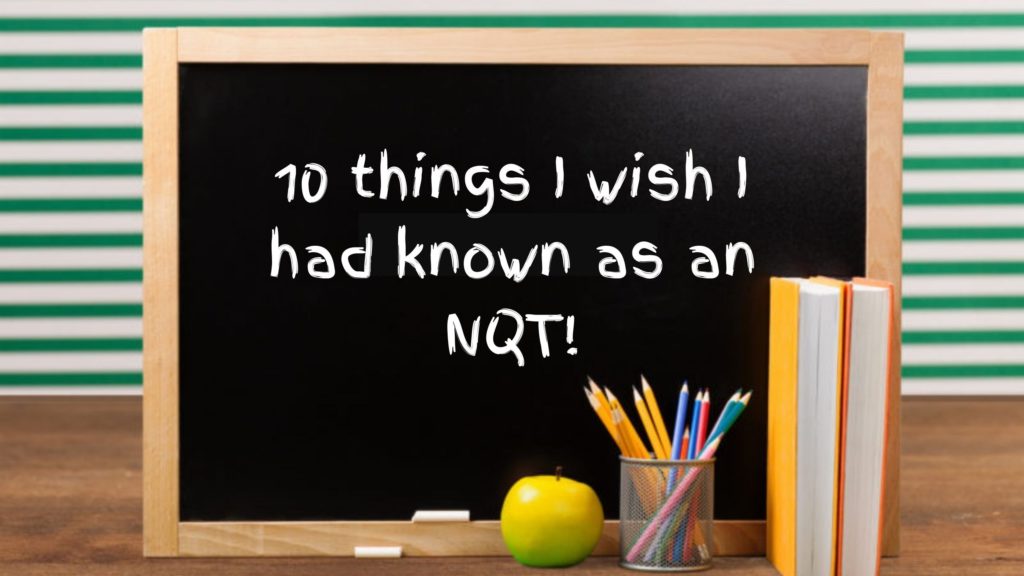Making your expectations clear from early on is key. Sticking to these expectations is equally as important. However, I do think smiling before Christmas is a good thing to do for both you and the students!
Key routines to put in place early on are seating plans. With year 7 classes it can sometimes be useful to let them sit where they choose on the first lesson with the understanding that behaviour needs to be excellent.
Behaviour will generally dip at some point within the first couple of weeks/months at which point you advise them that the next lesson they will be in a seating plan. Please note with seating plans that it is best to change them rarely. Where changes do need to be made, only move 1 or 2 students at a time otherwise it may lose impact.
“…routines and high expectations can be put in place without having to be authoritarian if this isn’t your natural approach.”
Other routines to establish are countdown for quiet, or hands up. Work layout, not tolerating low-level disruption (minutes owed at break/lunch work well) and homework expectations. The key point to remember is to be consistent from that start.
Inspire motivation in September
Some students may prefer relaxing at home to being at school! Some teachers may too (but they mustn’t show this). Make sure you’re motivated enough in the first week of lessons to be inspiring.
It starts the students off with being engaged, and it keeps you feeling positive when under pressure. Your motivation and passion is infectious and incredibly powerful, don’t forget it.
Knowledge of key students
Get to know the key players of each class quickly. Whether they have SEN or are behaviorally challenging, make these students your priority. Speak to parents/carers, colleagues and SENCO/INCO about them to learn what works and what to avoid.
Please note that whilst doing your research, try to keep an open mind. If a student has worked poorly with one member of staff, it doesn’t mean they will with you. Sometimes a fresh start is all they need. On that note, don’t forget to speak to the student themselves.
It can be daunting to approach a student who has autism if you’re not sure you have ever met anyone who has this condition, but more often than not, the student will guide you on what works for them. As it may be daunting for you, it is likely more daunting for them, therefore, if your first meeting doesn’t go to plan, fear not, get in touch with the SENCO and get some advice.
Best of luck in your first week! You’re awesome and powerful, and you’ll be brilliant.










Responses